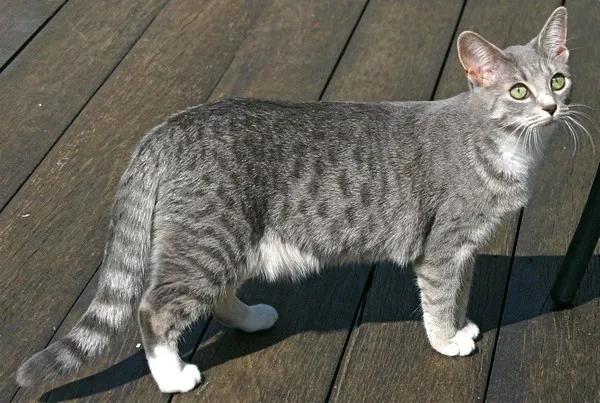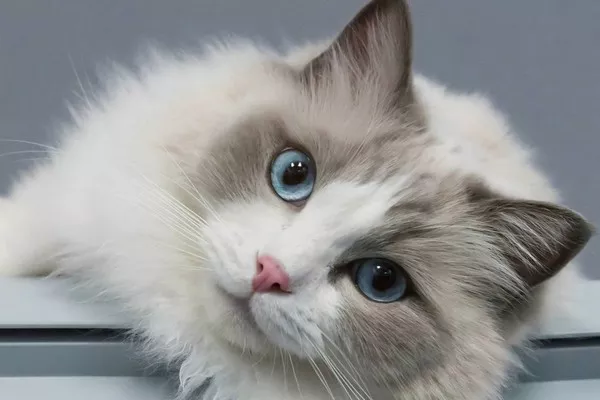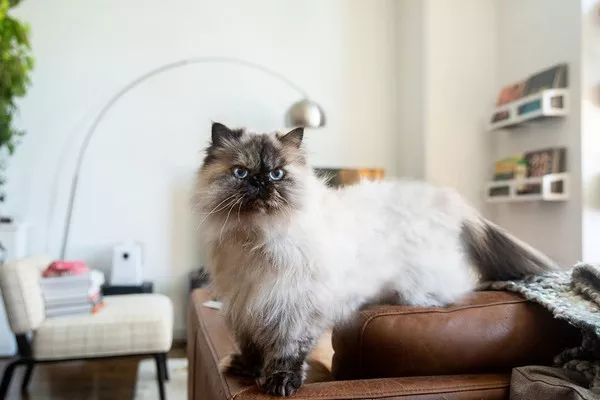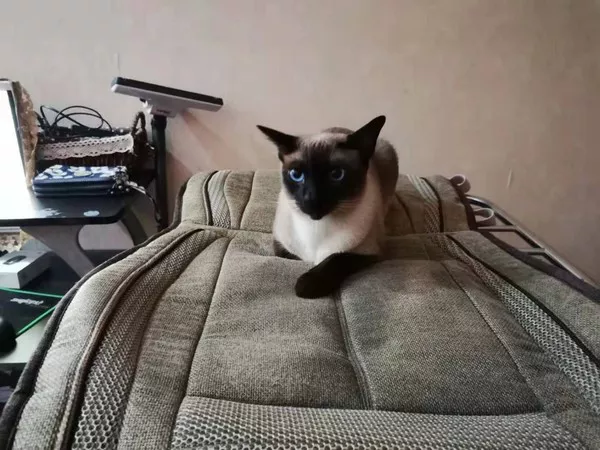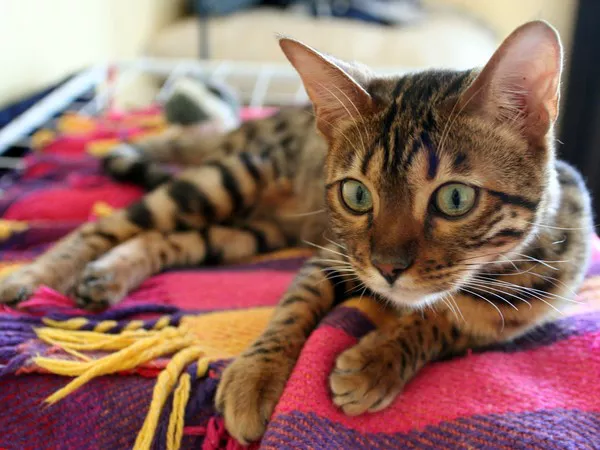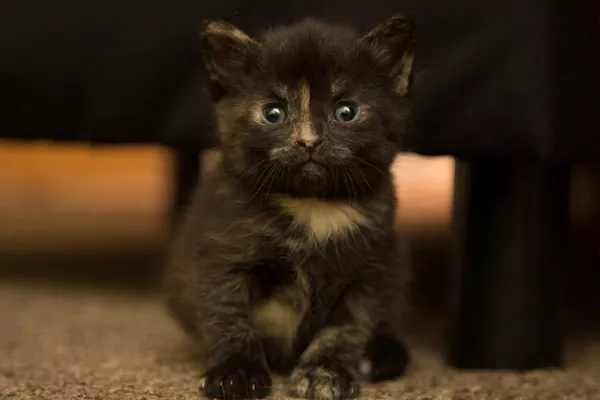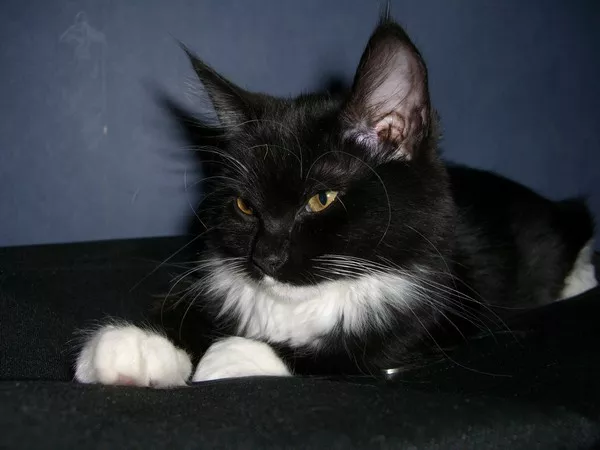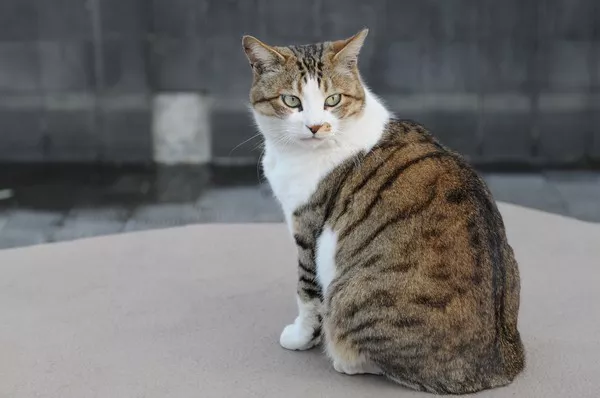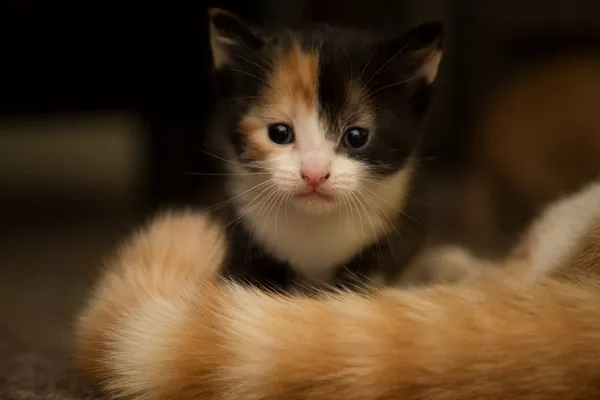The Egyptian Mau is a captivating and elegant cat breed known for its distinctive appearance and graceful demeanor. Like all cat breeds, the Egyptian Mau is susceptible to certain health conditions that may affect its overall well-being. One such health concern is Egyptian Mau Heart Disease, a condition that can have significant implications for these beautiful feline companions. In this article, we will delve into the details of Egyptian Mau Heart Disease, its causes, symptoms, diagnosis, treatment, and preventive measures to ensure the best possible care for these cherished pets.
What is Egyptian Mau Heart Disease?
Egyptian Mau Heart Disease, also known as Hypertrophic Cardiomyopathy (HCM), is a cardiac condition that affects the heart muscle, leading to thickening and enlargement of the heart walls. This abnormal thickening can interfere with the heart’s ability to pump blood effectively, potentially resulting in heart failure over time. HCM is one of the most common heart diseases seen in cats, including Egyptian Maus.
Causes of Egyptian Mau Heart Disease
The exact cause of Hypertrophic Cardiomyopathy in Egyptian Maus and other cat breeds is not fully understood. However, it is believed to have both genetic and environmental factors. Studies have suggested a genetic predisposition to the disease, and certain gene mutations have been associated with HCM in cats. Additionally, factors like age, obesity, and high blood pressure may contribute to the development or progression of the condition.
Symptoms of Egyptian Mau Heart Disease
Detecting the presence of HCM in Egyptian Maus can be challenging, as cats are known for hiding signs of illness. However, there are some common symptoms that may indicate a potential heart problem:
1. Difficulty Breathing: Cats with HCM may experience labored or rapid breathing due to the heart’s reduced ability to pump blood efficiently.
2. Coughing: Persistent coughing, especially during or after physical activity, can be a sign of fluid accumulation in the lungs, a common complication of HCM.
3. Reduced Activity Level: Egyptian Maus with heart disease may become lethargic and less interested in playing or engaging in usual activities.
4. Weakness or Fainting: As the heart’s pumping function weakens, cats may experience episodes of weakness or fainting.
5. Open-Mouth Breathing: In severe cases, cats may resort to open-mouth breathing to compensate for breathing difficulties.
Diagnosing Egyptian Mau Heart Disease
If you suspect your Egyptian Mau may have heart disease, it is essential to seek veterinary attention promptly. The veterinarian will conduct a thorough physical examination, listen to the cat’s heart sounds, and may recommend additional tests, including:
1. Echocardiogram: An echocardiogram, also known as a cardiac ultrasound, allows the veterinarian to visualize the heart’s structure and function, aiding in the diagnosis of HCM.
2. X-rays: Chest X-rays can reveal signs of heart enlargement or fluid accumulation in the lungs.
3. Electrocardiogram (ECG or EKG): An ECG records the electrical activity of the heart, helping to identify irregularities in heart rhythm.
Treatment and Management of Egyptian Mau Heart Disease
While there is no cure for HCM in Egyptian Maus, there are treatment options available to manage the condition and improve the cat’s quality of life:
1. Medications: Veterinary-prescribed medications, such as beta-blockers and ACE inhibitors, can help regulate heart rate, reduce blood pressure, and ease the heart’s workload.
2. Dietary Changes: A balanced and appropriate diet, tailored to the cat’s specific health needs, can play a crucial role in managing heart disease and supporting overall health.
3. Weight Management: Maintaining a healthy weight is essential for cats with HCM, as obesity can exacerbate heart issues.
4. Regular Vet Check-ups: Regular follow-up visits with the veterinarian are essential to monitor the cat’s condition, adjust medications if needed, and address any changes in symptoms.
Preventive Measures for Egyptian Mau Heart Disease
While HCM cannot be entirely prevented, there are steps that Egyptian Mau cat owners can take to reduce the risk or manage the condition:
1. Adopt from Responsible Breeders: Work with reputable breeders who prioritize the health of their breeding cats and conduct genetic testing for HCM.
2. Regular Veterinary Visits: Schedule regular check-ups with a veterinarian to detect any signs of heart disease early and ensure proper monitoring of the cat’s health.
3. Healthy Lifestyle: Provide a well-balanced diet, regular exercise, and a stress-free environment to promote overall well-being.
See Also: What Are the Health Problems With Egyptian Mau?
Conclusion
As devoted cat owners, understanding Egyptian Mau Heart Disease is essential in providing the best possible care for our feline friends. Hypertrophic Cardiomyopathy is a genetic condition that affects the heart muscles and can lead to significant health complications if left untreated. By recognizing the symptoms of HCM, seeking early veterinary attention, and following a comprehensive treatment plan, we can optimize the quality of life for our Egyptian Maus and ensure they live long and happy lives as cherished members of our families. If you suspect that your Egyptian Mau may have heart disease or if you have any concerns about their health, do not hesitate to consult with a qualified veterinarian for professional guidance and support.

